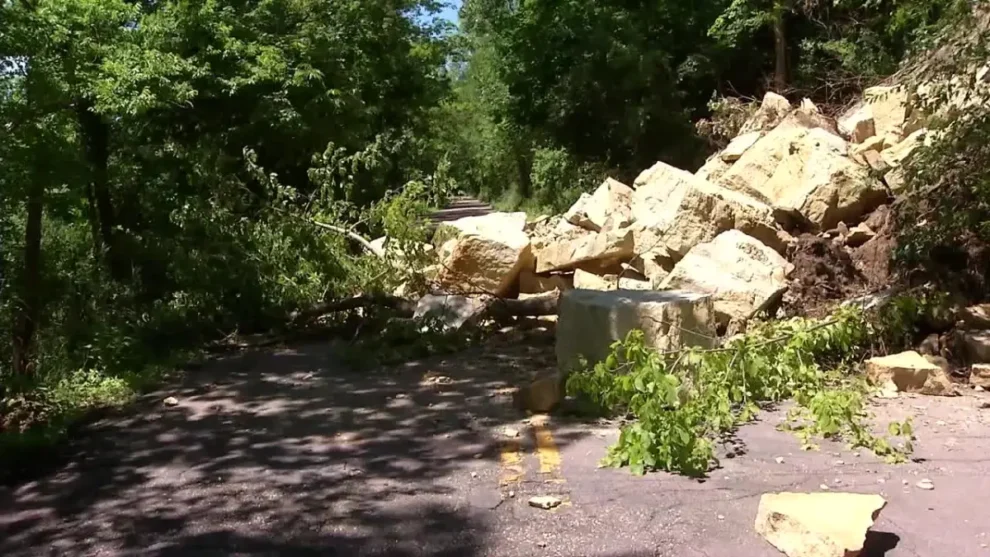A congressman is vowing to help unravel the mystery behind Peru’s so-called “alien mummies.”
Rep. Tim Burchett (R-Tenn.), one of the foremost voices in Congress on unidentified aerial phenomena (UAPs), declared that he would help get to the bottom of those puzzling Peruvian objects and recruit top talent to do so.
“I will gladly help you … find someone that would analyze them,” Burchett told Mexican journalist Jaime Maussan on his show, “No Humano.”
Last September, Maussan, who bills himself a “UFOlogist,” dragged a set of what he suggested were “non-human” remains to Mexico’s congress.
Maussan further contended that DNA evidence proved those purported remains were not of Earth.
Scientists have panned his bold assertions and accused him of lacking evidence.
Those figures bore an uncanny resemblance to the alien character ET in the 1980s classic flick “ET the Extra-Terrestrial.”
Earlier this year, forensic scientists concluded that another set of so-called remains from Peru that netizens dubiously suggested were aliens were actually comprised of metal, glue and paper with human and animal bones, the Associated Press reported.
A prior claim from Maussan about the alleged discovery of “non-human” remains in Peru that he pushed about a decade ago was previously debunked by fact-checkers.
Maussan’s remarks to Mexico’s congress ignited a storm of controversy last year, including from fellow enthusiasts in the UAP realm.
Navy Lt. Ryan Graves, who was a star witness in US congressional hearings on unidentified aerial phenomena, blasted the presentation given to Mexico’s congress.
“Unfortunately, yesterday’s demonstration was a huge step backwards for this issue,” he wrote on X at the time. “My testimony centered on sharing my experience and the UAP reports I hear from commercial and military aircrew through ASA’s witness program.”
“I am deeply disappointed by this unsubstantiated stunt,” he added.
As a member of the bipartisan House UAP Caucus, Burchett was a key figure in those congressional hearings and has introduced legislation on UAPs.
“I would also be interested in getting some people to analyze those bodies that are independent of the federal government,” Burchett stressed to Maussan about those purported objects from Peru.
“We will look for the most important people in the world,” he declared, “right here in Tennessee.”
He mentioned the University of Tennessee, Knoxville, as a possible candidate to investigate the objects. The university, which is his alma mater, boasts one of the leading forensic anthropology research centers in the world.
Last year, the school was awarded over $580,000 from the Justice Department’s research and development arm, the National Institute of Justice.

During the interview, Burchett also claimed that as a congressman, he has seen things that the military and other governments lack the “capacity to do.”
He explained that while he’s not keen on holding UAP hearings too frequently, it is possible that there will be at least one more before the end of the year.
Burchett has also worked on legislation aimed at declassifying documents pertaining to the government’s understanding of UAPs.
















